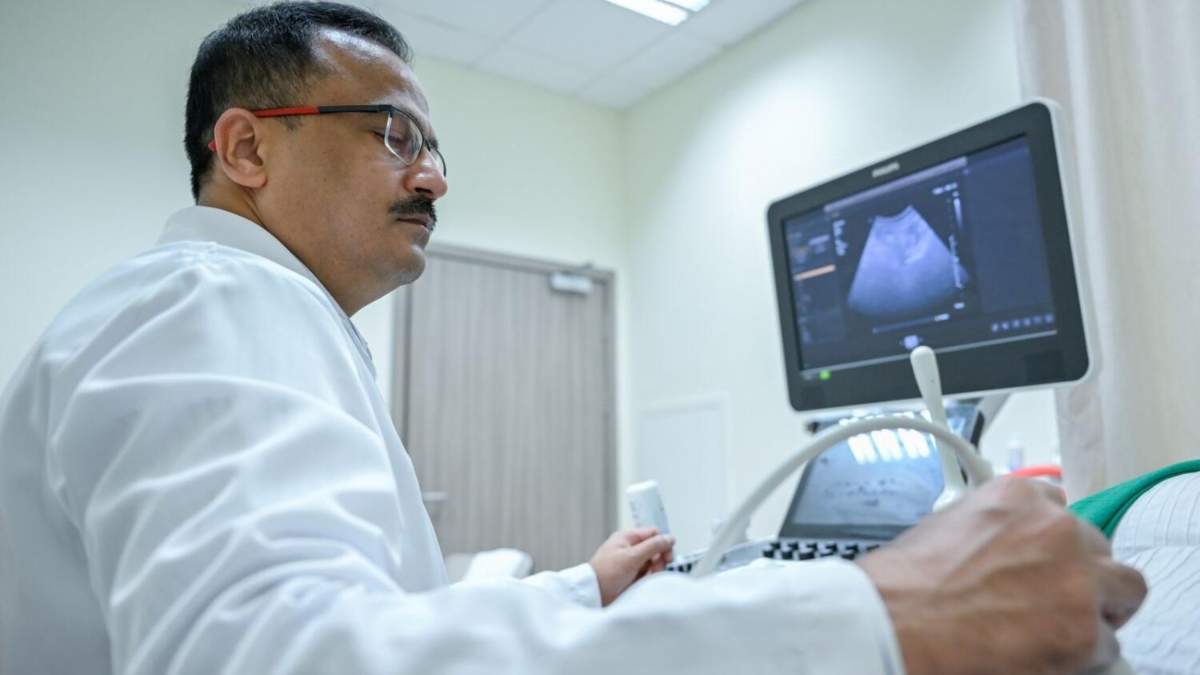A Filipina expat residing in the UAE, faced severe health consequences after years of neglecting her endometriosis symptoms. Diagnosed six years ago with a cyst on her left ovary, Neriza Imatong Banggawan underwent surgery but did not follow up with medical checkups. Over time, her condition, characterized by extreme back pain and discomfort during menstruation, worsened significantly.
Dr Sandesh Kade, a gynaecologist surgeon at Burjeel Medical City, discovered the extent of the damage caused by the advanced endometriosis. It had severely affected Banggawan’s left kidney and bowel, necessitating the removal of her left kidney and parts of her bowel.
Endometriosis is a chronic disease where tissue akin to the uterine lining grows outside the uterus, affecting millions of women globally. The disease often targets pelvic organs, and its delayed diagnosis in Banggawan’s case led to irreversible organ damage. Dr Kade emphasized the gravity of ignoring such symptoms, noting the preventable nature of Banggawan’s outcome had the problem been addressed earlier.
A multidisciplinary team conducted a six-hour laparoscopic procedure involving gynaecologists, urologists, and gastrointestinal surgeons. The surgery was complex, involving the excision of affected tissues and organs, including Banggawan’s left fallopian tube, ovary, and kidney. Dr Maciej Szwedowski, a urology consultant, highlighted the necessity of the kidney removal due to its non-functionality and potential risk of pain and infections.
Dr Ali Iyoob Valiyaveettil, a gastrointestinal surgery consultant, managed to avoid a colostomy despite extensive resections on Banggawan’s bowel. Post-surgery, Banggawan’s uterus and one ovary remain intact, offering her a chance for future motherhood.
Recovering and relieved from her chronic pain, Banggawan urges women to not dismiss painful periods and seek timely medical intervention. Dr Kade reiterates this message, stressing the importance of early detection and treatment of endometriosis, a disease often undiagnosed due to societal norms and lack of awareness among both doctors and patients.






